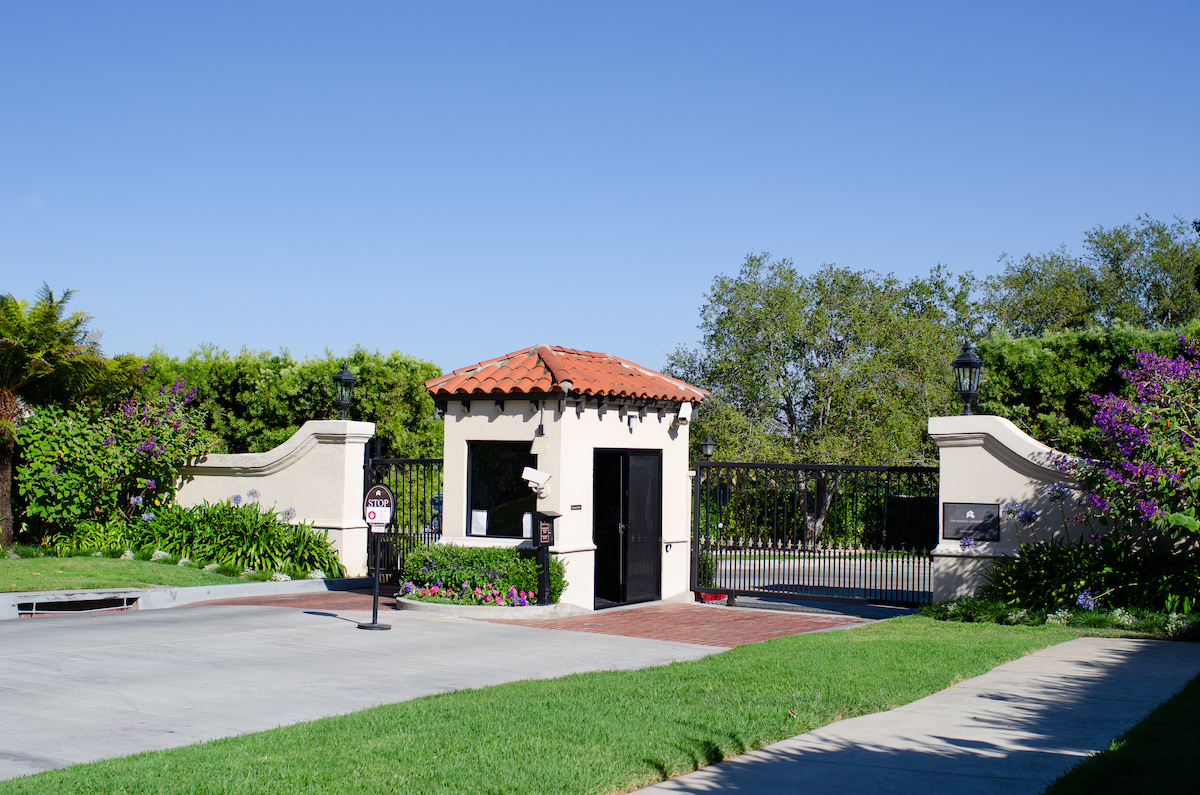Senate President pro Tem Kevin de Leon, D-Los Angeles, said he is "pleased that we have a deal in place that will raise living standards for millions of Californians, while also spurring new demand for goods and services and helping businesses thrive."
The wage hike would affect 5.6 million workers, or about a third of the statewide workforce, de Leon said.
The state’s deal to raise the minimum wage follows the lead of Los Angeles, and continues to put the pressure on national leaders to approve a hike to the federal minimum wage, according to Mayor Eric Garcetti.
"While Washington watches, cities and states act," he said. "Gov. Brown, Speaker (Anthony) Rendon, President pro Tem de Leon and labor leaders across our state took decisive action to give more Californians a chance to join the middle class. City by city, state by state, we can confront the scourge of income inequality and make a difference in the lives of millions of families."
Brown said the compromise deal, which his administration reached over the weekend with key labor and legislative leaders, "raises the minimum wage in a careful and responsible way and provides some flexibility if economic and budgetary conditions change."
The first hike — to $10.50 — is set to go into effect in January 2017, rising to $11 on Jan. 1, 2018. The minimum wage would then go up by a dollar in each of the following years until it reaches $15 in 2022, after which it would continue to rise each year by up to 3.5 percent to account for inflation.
Businesses with 25 or fewer employees get an extra year to raise their wage, so that workers will be paid $15 by 2023.
The plan also gives the governor the ability to temporarily halt the raises if there is a forecasted budget deficit of more than one percent of annual revenue, or due to poor economic conditions such as declines in jobs and retail sales.
Government workers who provide in-home health services will receive an additional three paid sick days under the plan.
The deal comes after two separate ballot initiatives were started by labor unions to raise the statewide minimum wage from $10 to $15 per hour. Labor officials behind one of the campaigns said they plan to withdraw their proposed measure once the state is signed into law.
Laphonza Butler, president of Service Employees International Union California, said the deal was the result of efforts by fast-food workers, home care providers, early childhood educators and other workers who "made history and delivered hope to millions of families struggling to get by on wages too low to live and without benefits such as sick days."
"SEIU California’s 700,000 workers are proud to have fought alongside the ‘Fight for $15’ to show the world that when workers stand together, we can improve the lives of our families and create a fairer economy," Butler said. "California elected leaders have demonstrated the leadership the nation is looking for."
The proponents behind the other proposed ballot measure, SEIU-United Healthcare Workers West, are still weighing whether to withdraw their minimum wage initiative.
"We all know it’s a long way from a proposal to a final measure that becomes law, so we don’t intend to take an action on our initiative until it is finalized," SEIU-UHW Executive Board member Ruby Olivas said.
"There are a lot of details to understand, particularly around the ‘pause button’ provisions," she said. "We made a sober and deliberate decision last April to file our initiative, and once all the details are known about the new law, we will make a sober and deliberate decision on whether to withdraw it."
The statewide minimum wage rose to $10 per hour in Jan. 1 and no additional increases had been planned prior to the announcement of the deal.
Los Angeles city’s minimum wage will rise six month sooner than the state’s first planned increase, with the wage going up to $10.50 on July 1 and eventually reaching $15 per hour by 2020.












